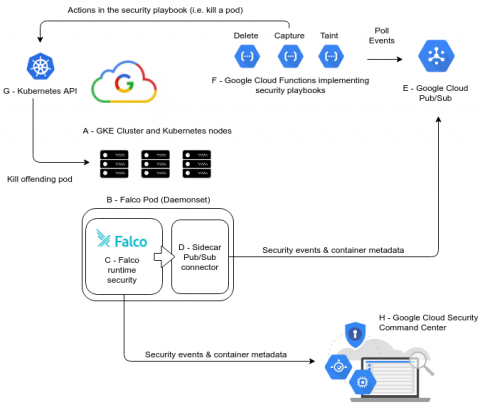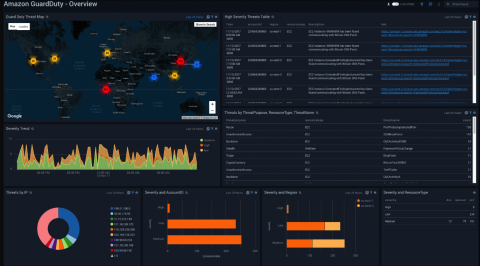The Cloud SIEM market is validated by Sumo Logic, Microsoft, Google, and AWS
“Computers are bicycles for the mind,” said Steve Jobs once. Security Information and Event Management (SIEM) is biking uphill. Picture this: You cycle hard against the incline and ensure the bike holds up, all the while watching out for incoming traffic in blind turns. The worst part? The bike grinds to a halt when you stop pedaling. You simply can't coast on the steep hill of security operations.





